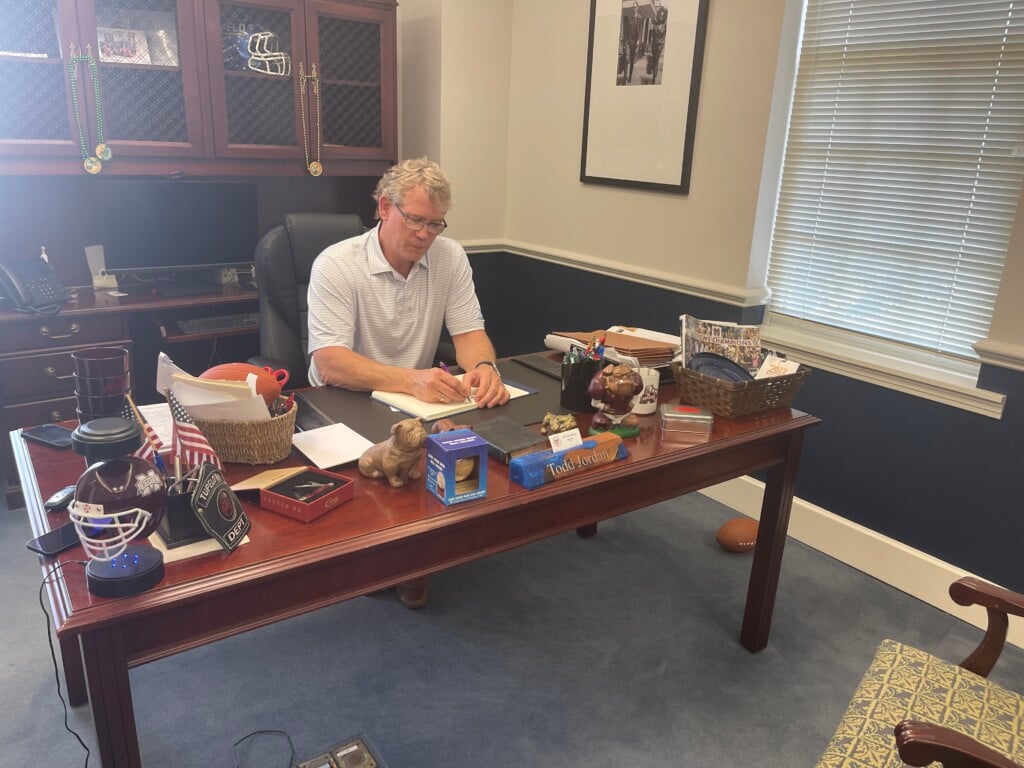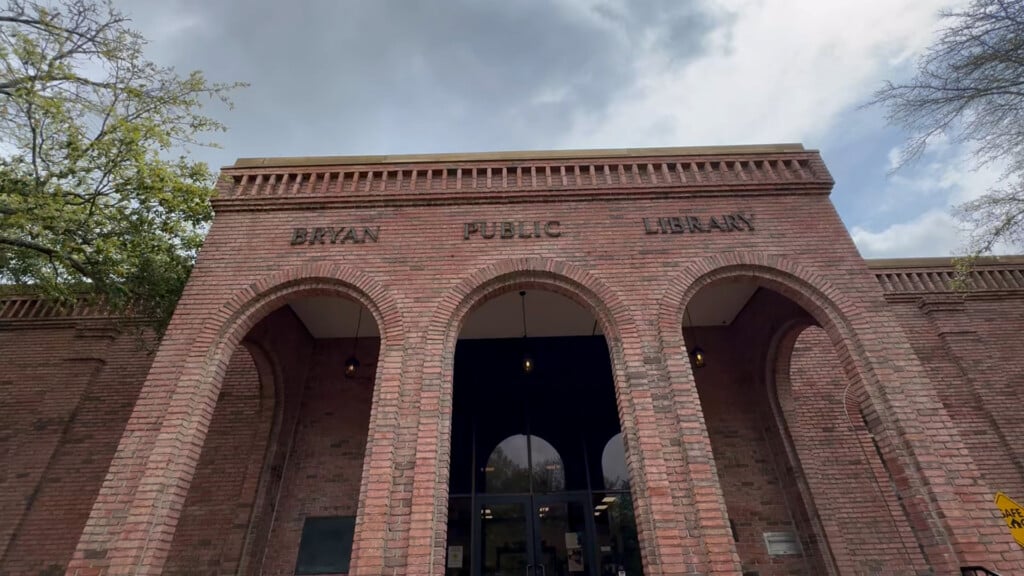Lawmakers reflect on Selma beyond Bloody Sunday
On this day 53 years ago, peaceful protesters in Selma, Alabama, began a march across the Edmund Pettus Bridge in a demonstration to register black voters. They were met by a line of officers on horseback and foot, with clubs and tear gas ready for confrontation. What unfolded thereafter is now remembered as “Bloody Sunday.”
The brutality was broadcast for the country to witness.
“The vision of State Troopers with their clubs raised their gas masks on, teargas, John Lewis being beaten – those scenes were etched in America’s memory,” retired CBS News journalist Bill Plante told “60 Minutes” Overtime on the 50th anniversary of Bloody Sunday. Plante was on the ground reporting in Selma 53 years ago. “And then when the call went out for people to come down and join in another march, people did. People of all races and creeds.”
This past Sunday, people of all races and creed gathered there again to commemorate the fateful day. At the annual Martin and Coretta King Unity Breakfast, held at Wallace Community College Selma, Alabama Congresswoman Terri Sewell opened up the remarks by saying, “We need to know our history in order to learn from our history, and so we don’t relive our history.”
Alabama Senator Doug Jones, who emphasized the importance of recognizing Selma every day, echoed those sentiments.
“We can never let the lessons from Selma and Birmingham be lost on this generation,” he said to applause. “We’ve come a long way but we have miles to go.”
Bloody Sunday eventually led to a federal court order permitting what became a third march, led by Dr. Martin Luther King Jr. and John Lewis, who is now a congressman from Georgia. The protesters left Selma on March 21, 1965 under the protection of federalized National Guard troops. Five days later, they reached the state capitol steps in Montgomery with the crowd of almost 25,000.
The events in Selma roused public opinion on the country’s racial inequalities and helped spur Congress to pass the Voting Rights Act, which President Lyndon Johnson signed into law on August 6, 1965.
Rep. Lewis, who also returned to Selma on Sunday to look back at that moment, addressed the importance of this key right.
“The vote is precious. In a democratic society as ours, it’s almost sacred,” Lewis said. “Don’t give up, don’t give in.”
Rep. John Lewis and Sen. Kamala Harris were among those who walked across the Edmund Pettus Bridge in Selma, Alabama, on March 4, 2018, at the Bridge Crossing Jubilee.
Office of Sen. Kamala Harris
California Sen. Kamala Harris was the keynote speaker at Sunday’s events. She was was invited by Lewis, which she jokingly admitted made it impossible for her to say no. Her message, however, was firm and sincere. Harris, like the speakers before her, made the point to use Selma as a blueprint to lead the country going forward.
“When we are weary as we read that black unemployment, homeownership, and incarceration rates are the same or worse today than they were the days of Dr. King, I say look to Selma for our inspiration. And when we are faced with a powerful lobby that encourages immoral inaction which prevents all of our children from being safe from gun violence in a classroom and on the street, from suburbs to the cities, I say look to Selma for our inspiration,” Harris said to applause.
“For Selma, you taught us – they taught us our power and they taught us how to use that power. And yes, the challenges right now are tough. And yes, the road can seem long. But I say let us remember those famous words which I will paraphrase of Coretta Scott King, who reminded us that the fight for justice, the fight for civil rights must be fought and won with each generation.”
In 2007, then-Illinois Sen. Barack Obama was the keynote speaker at the Unity Breakfast. The following year he went on to become the first African-American president of the United States – a turn of events that still resonates with attendees of this year’s Bridge Crossing Jubilee.
“Those marchers laid the foundation for the leaders of today. And we must carry on their work,” said Harris. “Those marchers laid the foundation so that Barack Obama would be elected president of the United States and then re-elected president of the United States. To carry on the work. And they laid the foundation so that I could become only the second black woman elected to the United States Senate, and serve alongside Cory Booker and Tim Scott. They laid that foundation.”
To close the day’s commemoration, Harris and Lewis, alongside other lawmakers and hundreds of followers, crossed the Edmund Pettus Bridge one more time. Hand in hand, they sang “We Shall Overcome,” honoring the foot soldiers who risked their lives 53 years ago so that African-Americans could exercise their right to vote.





Leave a Reply